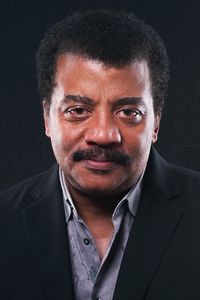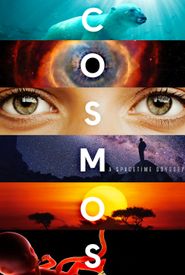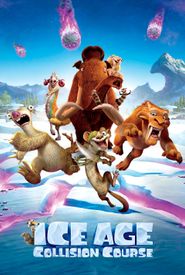Neil deGrasse Tyson is a renowned American astrophysicist, cosmologist, author, and science communicator, whose profound passion for astronomy began at the tender age of nine after a visit to the iconic Hayden Planetarium in New York City, where he grew up.
Tyson's academic journey commenced at the prestigious Bronx High School of Science, where he served as the editor-in-chief of the Physical Science Journal, before proceeding to Harvard University to earn his bachelor's degree in physics in 1980.
Following his undergraduate studies, Tyson pursued advanced degrees in astronomy and astrophysics, first at the University of Texas at Austin, where he earned his master's degree in 1983, and subsequently at Columbia University, where he obtained his master's and doctoral degrees in 1989 and 1991, respectively.
As a postdoctoral research associate at Princeton University from 1991 to 1994, Tyson further honed his expertise in astrophysics, before joining the Hayden Planetarium as a staff scientist and the Princeton faculty as a visiting research scientist and lecturer in 1994.
In 1996, Tyson was appointed director of the Hayden Planetarium, overseeing the ambitious $210-million reconstruction project, which was completed in 2000.
Throughout his career, Tyson has been a prolific writer, contributing monthly essays to the "Universe" column in Natural History magazine from 1995 to 2005, which were later compiled into his book Death by Black Hole in 2007. He also wrote a monthly column in Star Date magazine under the pen name "Merlin", which was published in his books Merlin's Tour of the Universe in 1998 and Just Visiting This Planet in 1998.
Tyson has been an influential voice in the scientific community, serving on various government commissions, including the 2001 government commission on the future of the U.S. aerospace industry and the 2004 Moon, Mars and Beyond commission. He was awarded the prestigious NASA Distinguished Public Service Medal in 2004.
In 2014, Tyson hosted the critically acclaimed television series Cosmos: A Spacetime Odyssey, a successor to Carl Sagan's iconic 1980 series Cosmos: A Personal Voyage.
As a science communicator, Tyson is a frequent guest on television, radio, and other media outlets, sharing his expertise and passion for astronomy with a wide audience.







































































